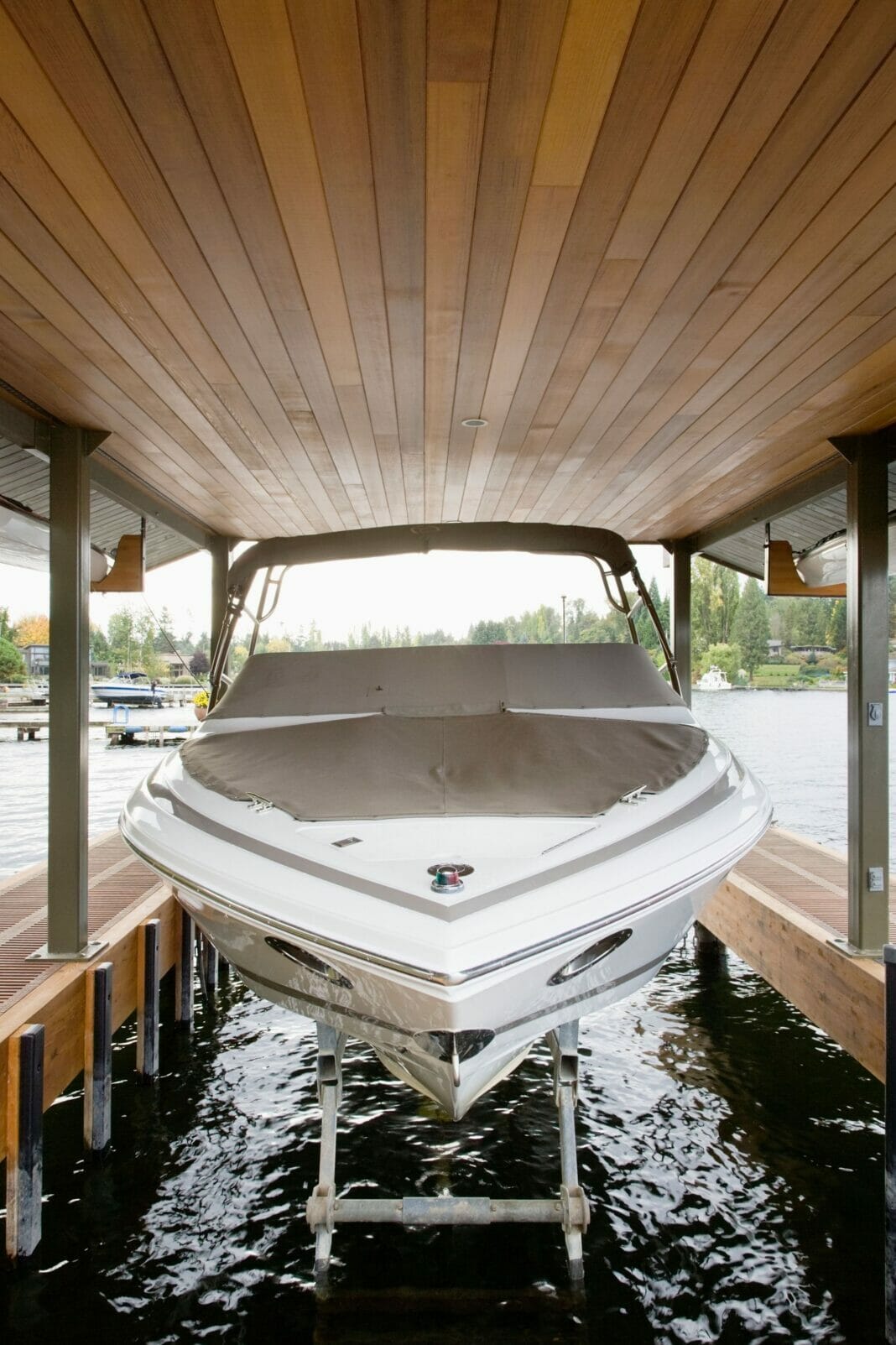The arrival of spring is a much-awaited time for outdoor enthusiasts, especially for those who love spending their leisure time on the water. As the boating season starts, it’s imperative for boaters of all levels to ensure they are prepared to ensure a safe, enjoyable, and successful season out on the water. This comprehensive guide aims to provide you with essential safety measures to remember while engaging in spring boating activities.
Launch Season: Inspecting Your Boat
Before hitting the water, it’s crucial to inspect your boat to ensure it has not suffered from any damages or deterioration during the winter months. A thorough inspection should include the following:
Hull and Deck
Begin your inspection by checking the boat hull for any cracks or damage, looking for signs of water penetration or blisters that could indicate serious structural issues. Inspect the deck for any weaknesses, damages, or soft spots.
Propeller and Engine
Examine your boat’s propeller for any dents, warps, or breaks that may affect its performance. An unbalanced propeller can lead to excessive vibration, additional wear on the engine, and increased fuel consumption. Also, don’t forget to check the engine and all of its components, including oil levels and fuel lines.
Electrical System
Ensure that all electrical connections are in good working order, free from corrosion, and have secure connections. Replace any worn or damaged wiring and properly insulate all exposed wires to prevent short circuits.
Safety Equipment
Check on board safety equipment like life jackets, flares, and fire extinguishers, and replace any damaged or expired items. Also, make sure your boat has the required signaling devices, such as a whistle or air horn as per the U.S. Coast Guard.
On-Water Safety Precautions
Once your boat has been adequately inspected and deemed safe, it’s essential to follow on-water safety measures. These precautions will help in avoiding potential hazards, ensuring a secure and enjoyable time out on the water:
Take a Boating Safety Course
Whether you’re a seasoned boater or a beginner, enrolling in a boating safety course can provide valuable knowledge and help refresh essential safety rules.
Always Wear a Life Jacket
According to the U.S. Coast Guard, 84% of drowning victims in recreational boating accidents were not wearing a life jacket. Ensure that you, your family, and your friends always wear properly sized, Coast Guard-approved life jackets while on board.
Check the Weather Forecast
Keep a close eye on local weather forecasts and postpone your trip if poor weather conditions are anticipated. An unexpected storm or strong wind can create hazardous conditions, even for experienced boaters.
Be Aware of Your Surroundings
Stay attentive to other boats in the area, as well as any navigational hazards such as shallow waters, rocks, or buoys. Maintain a safe distance from large vessels and keep a close eye on swimmers or other watercraft.
Obey Boating Laws, Speed Limits, and Navigation Rules
Follow all boating laws in your jurisdiction, and adhere to posted speed limits and navigation rules. Familiarize yourself with boating “road rules” such as right of way, marking systems, and what specific buoys and signals mean.
Don’t Drink and Boat
Just like driving a car, operating a boat under the influence of alcohol or drugs is illegal and extremely dangerous. According to the U.S. Coast Guard, alcohol use is the leading known contributing factor in fatal boating accidents.
Communicate Your Plans
Before setting sail, let someone onshore know your boating plans – including your route, destination, and estimated time of return. This information can prove invaluable during an emergency situation or if you fail to return as scheduled.
Carry a VHF Radio
Invest in a VHF radio to communicate with other boats or rescue services in case of emergencies. Cell phones often have unreliable reception on the water and may not always function during critical moments.
Conclusion
Preparing for spring boating involves thorough planning and proactive safety measures. By inspecting your boat, following on-water safety precautions, and understanding navigation rules and regulations, you can enjoy a secure and memorable experience out on the water with family and friends. Happy boating!


